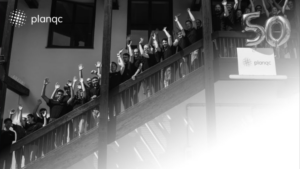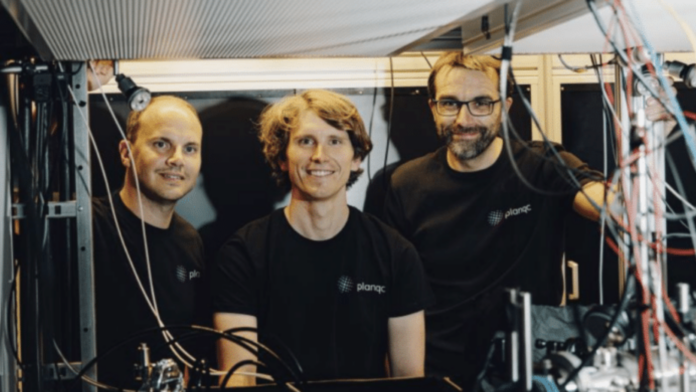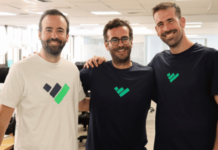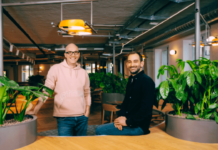Munich-based quantum computing startup Planqc has successfully completed a €50 million Series A funding round, marking a significant milestone in its quest to accelerate quantum computing innovation. The financing was led by the European Family Office CATRON Holding and the DeepTech & Climate Fonds (DTCF), with contributions from Bayern Kapital, the Max-Planck Foundation, other private investors, existing investors UVC Partners and Speedinvest, and a non-dilutive grant from Germany’s Federal Ministry of Education and Research (BMBF).
Planqc CEO and co-founder Alexander Glätzle expressed enthusiasm about the funding, stating, “This latest investment round is a strong endorsement of our technology as a leading platform for quantum applications. It places us in a perfect position to take on global competitors with our ‘Made in Germany’ quantum computers, targeting an emerging market valued at billions of euros.”
Founded in 2022, Planqc leverages cutting-edge research from the Max-Planck-Institute for Quantum Optics (MPQ) to develop quantum computers using individual atoms confined in crystals of light as qubits. This unique approach aims to scale the number of qubits quickly and enhance their quality, paving the way for fault-tolerant quantum computing. Dr. Sebastian Blatt, CTO of Planqc, highlighted this advantage, noting, “Our method using individual atoms as qubits is the fast track to scaling the number of qubits and improving their quality, the prerequisites for being the first to deliver fault-tolerant quantum computers.”

The newly acquired funds will be instrumental in establishing a quantum computing cloud service and developing quantum software for diverse applications in industries such as chemistry, healthcare, climate tech, automotive, and finance. Planqc is already utilizing quantum machine learning for climate simulations and improving battery efficiency for electric vehicles.
Planqc’s rapid progress includes being commissioned by the German Government to deploy a 1,000-qubit quantum computer at the Leibniz Supercomputing Centre, one of Germany’s premier supercomputing facilities. Additionally, the company secured a European tender to develop a quantum computer for the German Aerospace Center (DLR). These contracts and public grants, secured within just 18 months of the company’s founding, underscore Planqc’s role as a frontrunner in the quantum computing sector both in Europe and globally.
Dr. Torsten Löffler, Investment Director at DTCF, remarked, “We are thrilled to invest in a startup that not only leads in high-impact technology but also enables further breakthroughs in the most pressing global computational challenges across various industries by offering access to the technology in the form of a quantum cloud computing service.”
Planqc’s roots in the Max-Planck-Institute for Quantum Optics (MPQ) have been a significant driver of its success. Prof. Immanuel Bloch, director at MPQ, emphasized the institute’s commitment to supporting spin-offs and translating fundamental science into industry innovations. Planqc, based on MPQ’s expertise in trapping, cooling, and manipulating cold atoms and molecules, has already showcased the scaling of neutral atoms used as qubits to 1,200, setting the stage for future fault-tolerant quantum computers. The company aims to scale this to 10,000 or even 100,000 qubits in the coming years, enabling the resolution of previously unsolvable problems.
The potential of quantum computers to revolutionize various fields is immense. Quantum computing can drive the discovery of new materials and pharmaceuticals, optimize climate research, improve industrial processes, and enhance transportation planning. Quantum machine learning is poised to unlock unprecedented applications for artificial intelligence, providing the scientific community with new insights and capabilities.
Dr. Anna Christmann, Coordinator of the Federal Government for German Aerospace and Commissioner for the Digital Economy and startups at the Federal Ministry for Economic Affairs and Climate Action, commented on Planqc’s success, stating, “The success story of Planqc demonstrates that innovative research today can become the forward-looking companies of tomorrow, strengthening our long-term competitiveness. We are proud that our ongoing commitment to innovation-friendly frameworks and easier access to venture capital is bearing fruit, and we continue to work every day to improve the start-up ecosystem in Germany and Europe.”





